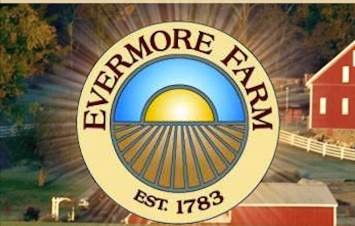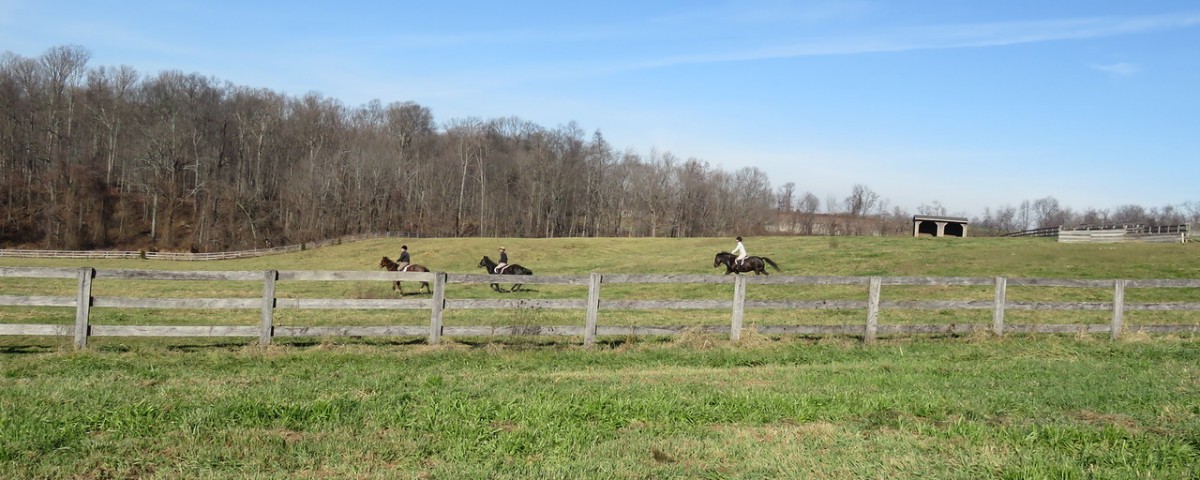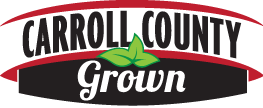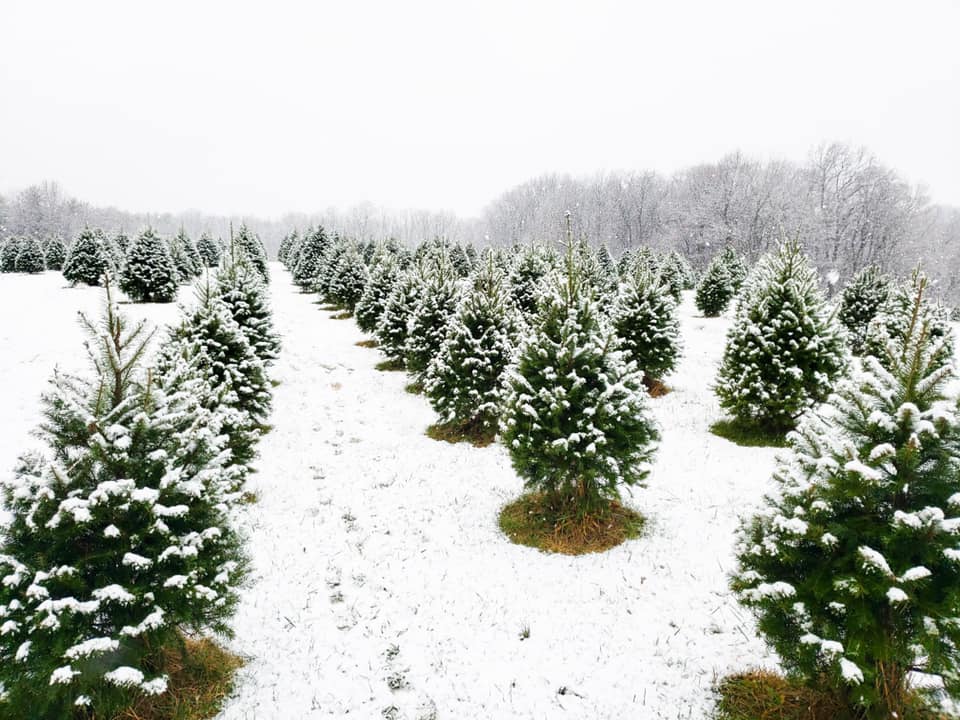Cattle for Sale
January 9, 2019
Local Shout Out
February 21, 2019Preventing Cold Weather Colic

The average horse owner is already well acquainted with the term ‘colic’ and that the risk of colic transcends all seasons. However, did you know that the number 1 cause of colic during the winter is lack of fresh, unfrozen water leading to dehydration. Dehydration can then cause impaction colics and indigestion in horses.
Healthy horses need to drink around 10-12 gallons of fresh water daily to prevent dehydration; frozen water buckets are the usual culprits of dehydration of horses during the winter. On rarer occasions, a horse may choose to drink less during the cold leading to increased risks of cold weather colic.
The best ways to prevent cold weather colics are to carefully monitor horses water consumption particularly during freezing conditions.
-Installing (and maintaining) water heaters and water heating systems will help prevent frozen buckets and water tubs (heating systems must be carefully managed and cared for as they can pose a fire and other health risks)
-Installing underground automatic watering systems can also prevent water sources from freezing during normal Maryland winter conditions–prolonged extreme cold spells can cause these systems to fail and freeze so it is extremely important that horse owners to monitor these systems to make sure they are working throughout the year.
-Providing electrolytes and salt blocks/loose salt can encourage a reluctant horse to drink*
-You could try adding warm water to your horses feedings–many horses love mashes*
-Increasing forage consumption will help to prevent impactions, as well as, help the horse to produce heat through digestion*
-Consider adding a ‘soaked’ forage to your winter feedings such as beet pulp or hay pellets/cubes to increase water & forage consumption (these fed in their un-soaked form can be a choke hazard-always consult your veterinarian or feed consultant before changing your horses diet)*
-In freezing or winter conditions, frequently check both heated and unheated water sources to make sure they are fresh and accessible to the horses.
-If you water source is frozen or subject to freezing it is important that the ice is frequently broken/removed from all water sources to keep access open for horses.
-Snow is NEVER an adequate source of hydration for horses!
The second most common risk factor for cold weather colic in horses is complications due to exposure to cold.
-Always make sure horses have adequate shelter (preferably dry and out of the wind), provide plenty of forage as digestion provides warmth, and if your horse is blanketed pay attention to the condition of the blanket. Wet or sweaty blankets should always be removed and replaced with dry ones.
It is important that if you horse displays any symptoms of colic, dehydration, exposure or hypothermia that you contact your veterinary professional as soon as possible. Stay warm (and hydrated) this winter!!
If you would like to learn more about cold weather colic, winter risks and how to mitigate them you can check out the links below:
–https://aaep.org/horsehealth/cold-weather-colic
–https://equusmagazine.com/management/preventing-winter-colic-horses-25990
–http://vetmed.tamu.edu/news/pet-talk/cold-weather-colic-in-horses
- *All information, content, and material of this website is for informational purposes only and are not intended to serve as a substitute for the consultation, diagnosis, and/or medical treatment of a qualified veterinarian or feed consultant. Always consult with your horses vet or feed consultant before changing feeds/forage, feeding practices or other horse management techniques. Remember to make any and all feed changes or management changes slowly and over time. *


